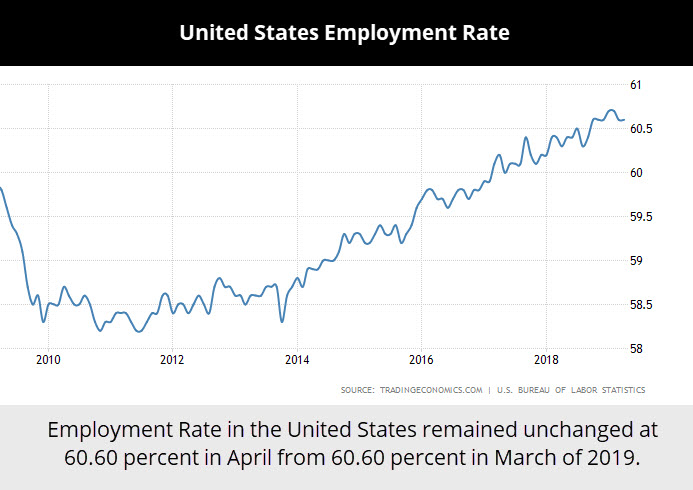
During recent conversations many have shared how left their jobs without another job already arranged. Some quit and then enrolled in a bootcamp to gain more skills in technology hoping for the best outcome.
With less fear of the unknown future, their reasons for quitting, regardless of having another job include:
- The belief they had no further opportunities at their company.
- They were hoping to get a position at Amazon or an upcoming startup.
- A feeling it was not the right fit.
- There is nothing in it for me.
- They sense the company is in peril.
- Bad bosses and/or work environment.
- The belief there are more jobs available without much trouble.
Depending on the industry, there are employees who think short-term because they don’t believe long- term benefits exist. Based on how the previous generation do not appear to benefit from a loyalty mindset, and how little they have to show for their long-term commitment, “why bother?” There are thoughts about those who “lived to work” did not achieve their dreams, so why not instead “work to live”?
What might make it even more difficult are the articles that say: “How you can benefit from changing jobs every four years.” This validates a decision to start a job with a short-term exit plan.
A December 2017 CareerBuilder survey of more than 3,600 employees found that 75 percent believe they're loyal to their company. Yet, only 54 percent feel their company is loyal to them. AccessPerks collected a long list of Employee Retention & Engagement Statistics which require filtering but does shine the light on the trends that employees’ mindsets have changed.
With these beliefs and the trend of companies viewed as less caring or engaged, it emphasizes the need for excellent leadership.
The book “The 7 Habits of Highly Effective People” offers timeless principles to follow and talks about the four needs people have: live, love, learn and leave a legacy. Books such as this can whet the appetite of managers who have an ambition to lead with excellence, but more is needed.
Managers must now have the skills to offer hope, a potential for progress (personal and professional), ways to keep it interesting, an environment of continual learning, and offer employees a purpose for doing their work.
To make the case further, many in their 30’s have not yet experienced a job shortage. Considering a continual upward trend of employment rate since the great recession, they could expect a continued positive trend.

The idea of promoting the most experienced employee to be a manager, regardless of their leadership skills is no longer an option. The employees no longer accept “bad bosses” and are willing to move on.
So, what now?
- Managers can discount the thoughts and feelings and right them off as immature. But when we look at employee expectations over time, the biggest change is their willingness to change. It is no longer a belief that having more than one job over the course of ten years is a negative thing. The term “job hopping” doesn’t have quite the negative connotation it once did. The median tenure of workers ages 25 to 34 years old is 2.8 years, compared to 10.1 years for workers ages 55 to 64.
- Having a hiring plan in place to ensure the new employees feel they belong is not new. By having a good plan, ‘one-little-thing’ won’t be enough to trigger their decision to jump ship.
- Depending on your industry, it may be time to change your 'length of service' expectations. Based on the average tenure of younger employees, and the opportunities in the marketplace, manpower planning for shorter employment periods may be more realistic.
- As an employer - how do you recognize the expectations employees have?
What are they looking for?
What do they want or hope for?
This is one of the most difficult things to get from employees. To get the reality of what employees are hoping for, they must first trust you. With a culture of low trust, there is plenty of talk, but little honesty. A better question may be “How do we become an organization they trust?” Employer need to foster safe conversations. - Workshops can be a priceless tool that make an impact for decades. Our New Manager Workshop on June 14th is already sold out but it’s not too soon to sign up for the next on October 18th, 2019.
- For the more experienced managers who want to hone their leadership skills, register for the Next Level Leadership Development Workshop.
Swift HR Solutions just celebrated its 15th anniversary. We have watched the change in cultures and employee mindsets evolve. Our team has seen the heartaches when no jobs are available to a market where job seekers seem to hold the cards. Regardless of the market, leadership excellence is foundational to success.
If this is of interest, you will find great value in the research Thomas International recently created:
 “A Data Driven Approach to Identifying the Traits of Successful Leaders”
“A Data Driven Approach to Identifying the Traits of Successful Leaders”
Thomas International conducted extensive research across North America, including a thorough review of the existing body of research, surveys and assessments of 253 senior executives, and statistical analysis of the gathered data.
This study digs into the data and explores the concept of "Leadership", and how it can be fostered within an organization, in a systemized, scientific way.
